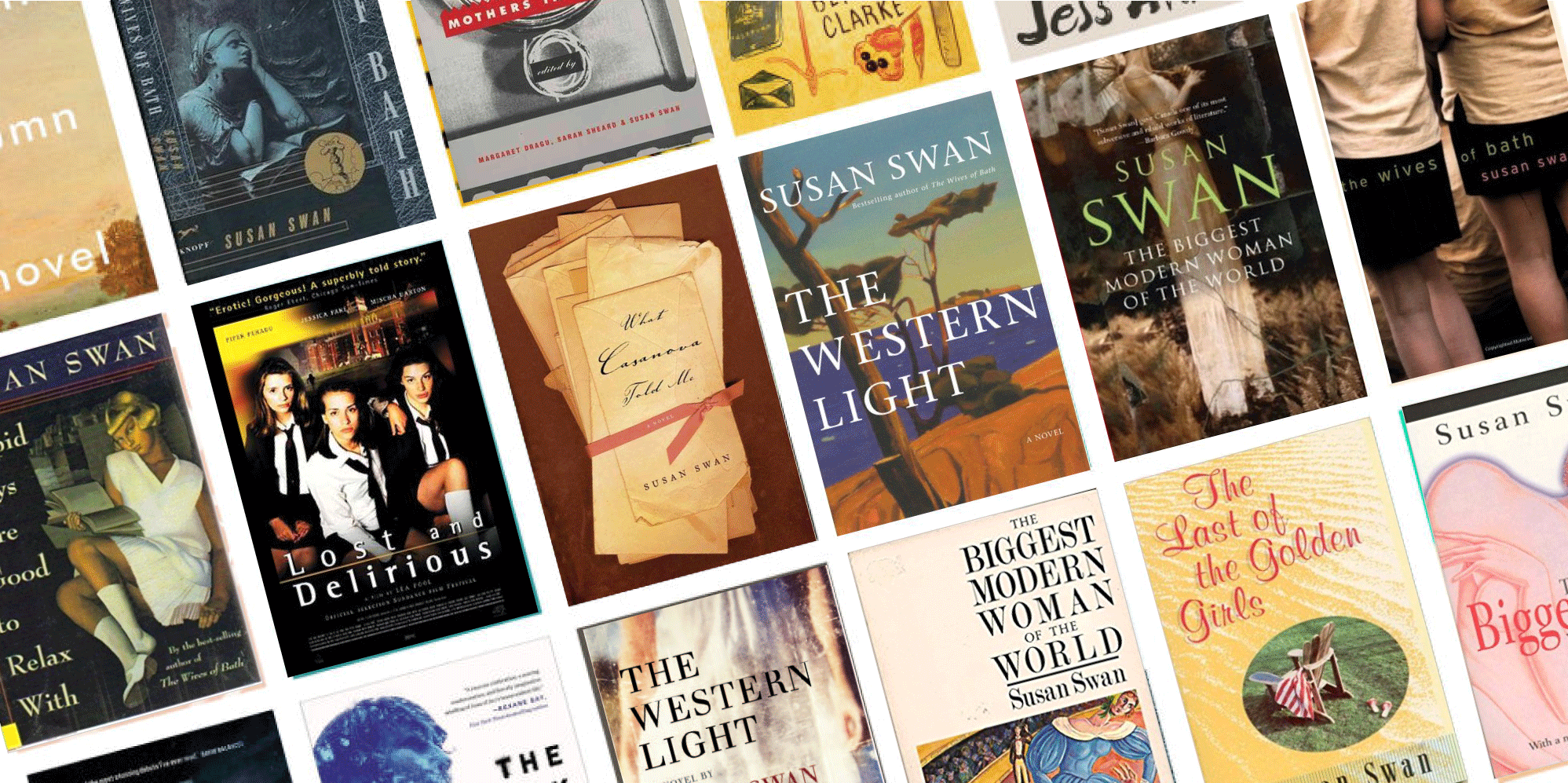Why I Picketed with the Library Workers
There was something glorious yesterday about feeling the enthusiastic grassroots support for Toronto librarians at our “book-in” in the spring sunshine. About 250 to 300 people showed up carrying their favourite book by a Canadian writer and we’re holding them up in the above photograph. Ironically enough, Greg Hollingshead, chair of The Writers’ Union of Canada, is holding up a book by Jane Jacobs about the new dark age. I’m holding up his collection of short stories, The Roaring Girl, which won the Governor General’s fiction award and Oryx and Crake, a novel about our very bleak future by Margaret Atwood. Is there a message there?
 The strike by Toronto’s library workers isn’t about getting more money although that would be nice. Many librarians still make little more than minimum wage. The strike happened because their union is afraid that Rob Ford and his allies on the Toronto library board intend to shutter more libraries. They can do this if they remove a clause that gives library workers some job protection. Once that clause is gone, the library board along with Ford and his allies are free to close more libraries.
The strike by Toronto’s library workers isn’t about getting more money although that would be nice. Many librarians still make little more than minimum wage. The strike happened because their union is afraid that Rob Ford and his allies on the Toronto library board intend to shutter more libraries. They can do this if they remove a clause that gives library workers some job protection. Once that clause is gone, the library board along with Ford and his allies are free to close more libraries.
Remember, 107 library jobs have been cut this winter although writers, readers and librarians won terrific support for our public libraries last fall. And more cuts will come if we don’t stand up to Rob Ford.
Singapore Slings with the Enemy
A long time ago, when I was a working journalist, I agreed to meet an official for an East Asian government who wanted me to stop writing about the political prisoners in his country’s jails. He invited me for drinks at Toronto’s Royal York Hotel and when we met in the bar we spent the first fifteen minutes comparing our drinks. He claimed his was more delicious because he had chosen a Singapore Sling and I had ordered a Gin and Tonic, which, let’s face it, is not as sugary as a Singapore Sling—which happened to be the kind of drink I drank when I first started going into bars. My companion politely asked me to stop my work for Amnesty International, and sipping my G and T, I just as politely inquired why his government felt the need to put their countrymen in prison for expressing their views. He answered that his country was young, and dissent wasn’t helpful at this period in its growth. I told him that my country was young too, but we didn’t put people in jail for dissent. At least, not on the scale that his country did, and he nodded sagely. “Some day,” he said. “Some day, we, too, will allow dissent, when we are strong and prosperous.”



